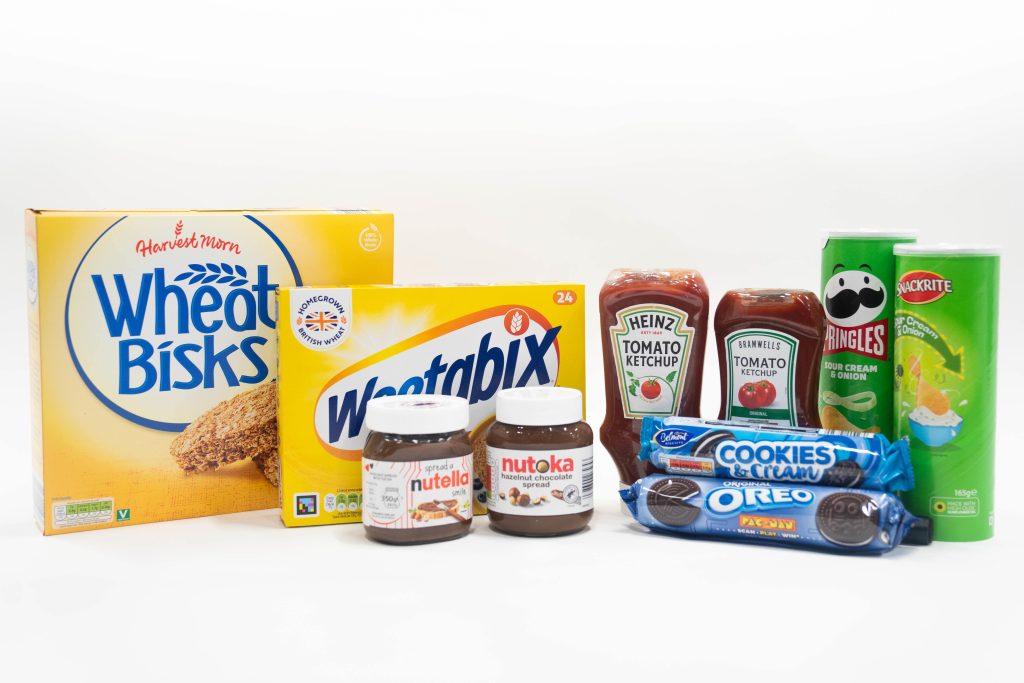The Halo Effects Use To Strengthen Brand Resembling Popular Brands

Aldi, a grocery supermarket located in over 10 countries, serves as a great example that uses the Halo effects. Unlike other strategies, their way of creating products resembles that of popular brands, commonly referred to as the Halo Effects, which has contributed to the company’s success in building customer loyalty and driving sales.
How is it being used as a strategy?
Aldi uses this marketing tactic called the Halo Effect to boost sales and increase customer loyalty. With this strategy, Aldi creates a positive association with its brand, encouraging customers to try new things and return for repeat business. The way they are doing it is by making products that resemble popular brands, offering similar items at lower prices to attract budget-conscious customers.
Here is one example that they have used:
Unusual merchandise strategy in Australia: According to John Dawes, a Professor of Marketing, they implement a unique merchandise strategy in Australia by introducing “weird items in the middle aisle,” such as Zimmer frames, brewing kits, and boxing gloves on a set cycle. This approach aims to attract customers by offering unusual and interesting products, contributing to Aldi’s success in Australia.
The Resemblance
Aldi’s strategy of offering products that closely resemble well-known brands at more affordable prices attracts consumers looking for quality and value in their purchases. Despite the huge resemblance in product designs, they also produce high-quality products.

Legal Challenges
Even though Aldi’s strategy creates many positive experiences for customers, will it be beneficial to them in the long term? Aldi is known for mimicking the packaging and design of well-known brands, creating a sense of familiarity for consumers. However, this approach has made Aldi face legal challenges from brands like Marks & Spencer and Thatchers Cider over trademark infringement claims. Due to their strategy, the big brands are having challenges proving confusion or a trademark breach.
How can businesses use the ‘Halo’ effect legally?
Legally, unlike Aldi, the Halo Effect marketing strategy can be used this way, according to Nine Blaess:
- Find your brand’s unique factor that makes people think of your brand or business
- Invest in a high-quality design for products that goes beyond aesthetics
- Have a clear brand voice that stands out
- Focus on one products or service
- Create a positive customer experience
- Connect with potential customers at emotional level
- Create trust by receiving positive feedbacks and displaying any business recognitions
- Collaborate with well-known figures, such as celebrities and influencers
- Be consistent and active in interacting with audience to create a sense of community
Be aware and remember that the halo effect can have drawbacks. Brands or businesses must deliver products or services in an ethical and genuine way to gain trust. Avoid such things as using deceptive packaging or making things sound better than they are. Instead, focus on being honest and real.
This way, brands or businesses will not only create a positive ‘Halo’ effect but also build long-lasting relationships with customers based on trust and authenticity. By staying true to their values and delivering on their promises, they can maintain a positive reputation and loyalty among consumers.






